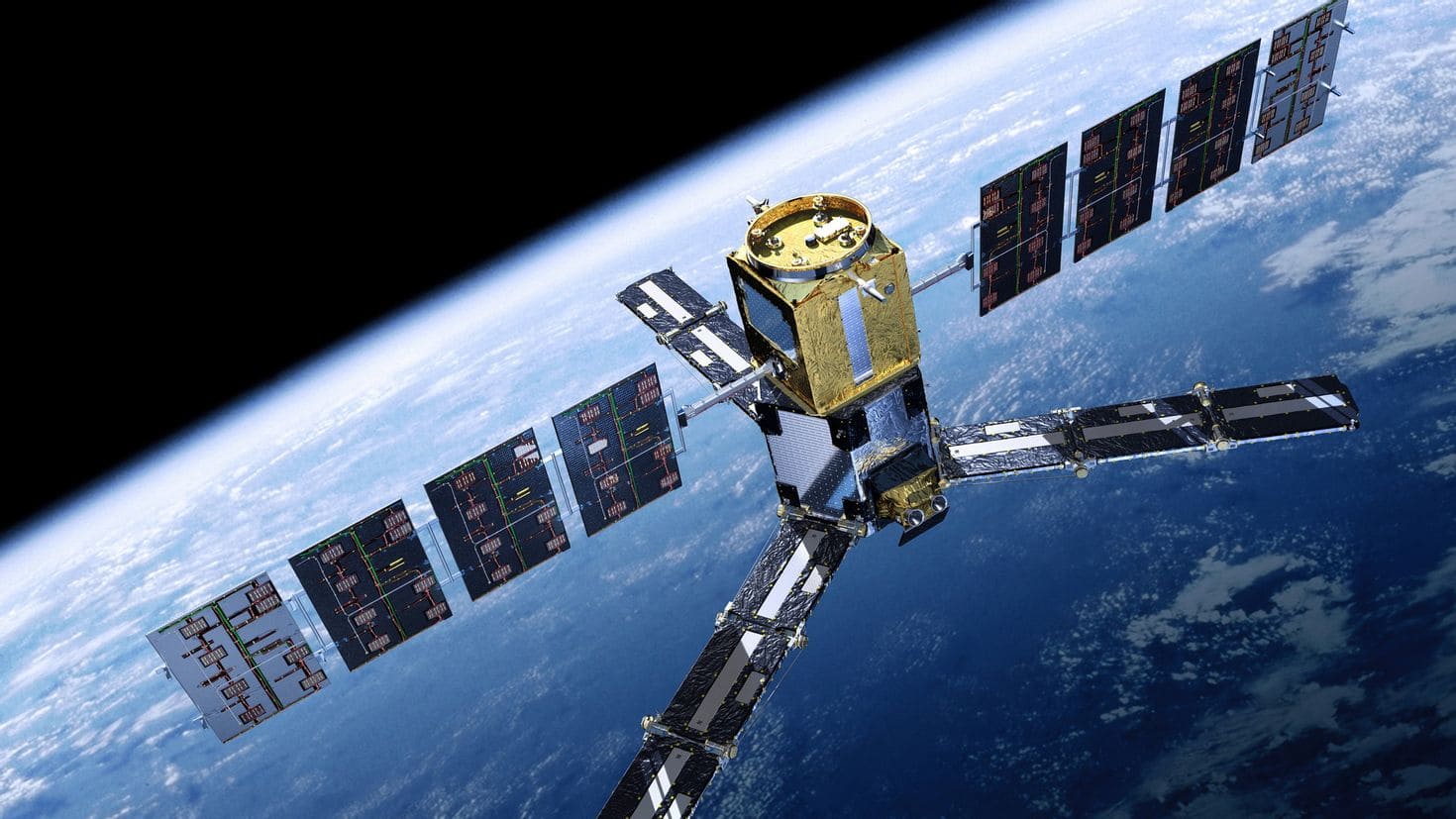Africa’s digital landscape has witnessed significant transformations over the past decade. However, despite substantial progress, a considerable digital divide remains. Many rural and remote regions still lack reliable internet access, which is crucial for economic development, education, healthcare, and overall societal growth. Satellite internet presents a viable solution to bridge this gap, offering connectivity where traditional infrastructure fails.
The digital divide in Africa
The digital divide in Africa is characterized by disparities in access to the internet between urban and rural areas, rich and poor communities, and among different demographic groups. According to recent statistics, internet penetration in sub-Saharan Africa hovers around 30%, significantly lower than the global average. This divide exacerbates existing socio-economic inequalities, limiting opportunities for many Africans.
Challenges of traditional internet infrastructure
Traditional internet infrastructure, such as fiber optics and mobile networks, faces numerous challenges in Africa:
- Geographical barriers: vast and varied terrains make laying fiber optic cables logistically difficult and expensive.
- Economic constraints: high costs associated with infrastructure development and maintenance deter investments, especially in sparsely populated areas.
- Political and regulatory hurdles: bureaucratic red tape and inconsistent regulatory environments can delay or hinder infrastructure projects.
The promise of satellite internet
Satellite internet can circumvent many of the obstacles faced by traditional infrastructure. It offers several advantages:
- Wide coverage: satellites can provide internet access to remote and underserved regions, ensuring that even isolated communities are connected.
- Speed of deployment: unlike terrestrial infrastructure, which requires extensive groundwork, satellite networks can be deployed relatively quickly.
- Scalability: satellite systems can be scaled up or down based on demand, making them a flexible solution for varying population densities.
Key players and initiatives
Several companies and initiatives are at the forefront of expanding satellite internet in Africa:
- Starlink: Elon Musk’s SpaceX has launched Starlink, a satellite constellation aiming to deliver high-speed internet globally. Starlink has begun rolling out services in parts of Africa, offering promising speed and reliability.
- OneWeb: backed by Bharti Enterprises and the UK government, OneWeb aims to provide global broadband connectivity through its satellite constellation. It has plans to cover the African continent extensively.
- Avanti communications: a provider of satellite data communications services in Europe, the Middle East, and Africa, Avanti focuses on delivering high-speed internet to remote and rural areas.
- Liquid telecom: partnering with various satellite service providers, Liquid Telecom is working to enhance connectivity in Africa through a combination of fiber, satellite, and wireless technologies.
Impact on society
Improved internet access through satellite technology can have profound impacts on African societies:
- Education: E-learning platforms can reach students in remote areas, providing access to quality education and bridging the knowledge gap.
- Healthcare: telemedicine can become a reality, enabling remote consultations and improving healthcare outcomes in underserved regions.
- Economic development: small businesses can tap into global markets, and farmers can access vital information on weather and crop prices, boosting productivity.
- Social inclusion: enhanced connectivity fosters social inclusion, empowering marginalized communities and promoting social cohesion.
Challenges and considerations
Despite its potential, satellite internet in Africa faces several challenges:
- Cost: high initial costs for satellite internet equipment and services can be prohibitive for many users.
- Infrastructure: reliable power sources and ground infrastructure are needed to support satellite connectivity.
- Regulatory issues: navigating the regulatory landscape across different countries can be complex and time-consuming.
- Sustainability: ensuring long-term sustainability of satellite projects is critical, requiring ongoing investment and innovation.
Satellite internet holds the key to bridging Africa’s digital divide, offering a practical solution to connect remote and underserved regions. While challenges remain, the concerted efforts of governments, private companies, and international organizations can unlock the full potential of satellite technology, driving socio-economic growth and fostering a more inclusive digital future for Africa.



